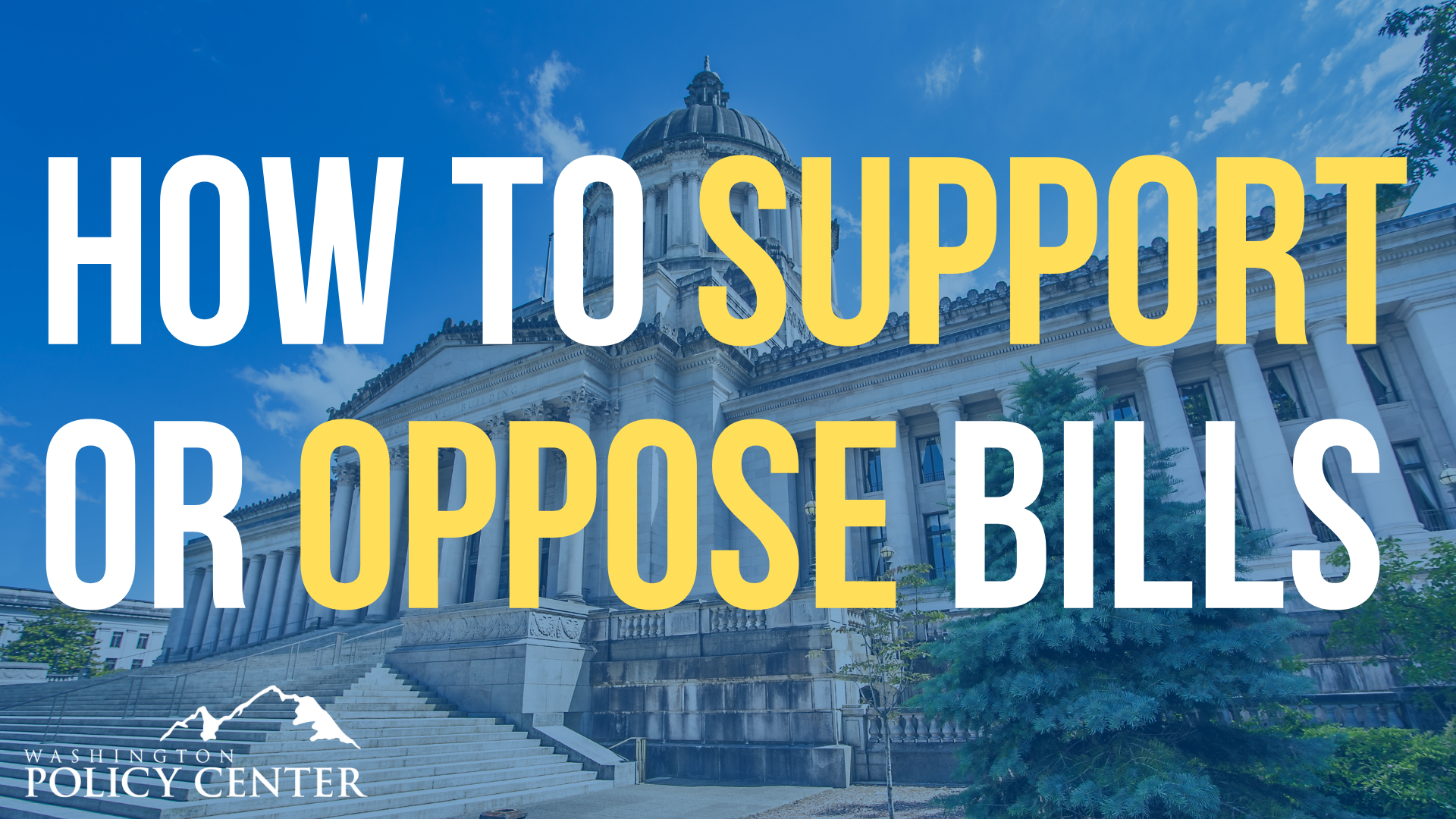We have written before on the Universal Health Care Working Group, which is charged with researching a single-payer health care system for Washington state. (here) In spite of the fact that three other states (Vermont, Colorado, and California) walked away from a single-payer system because of costs, Washington state officials believe something is different about the Evergreen State.
The committee’s September 16th meeting was very revealing. (here) The state hired the Optumas Actuarial Services consulting group (here) to crunch the cost numbers. Their research was very thorough, but unfortunately was based on a breathtaking number of assumptions. First of all, the consultants ran two different scenarios – the first based on current spending with incremental increases based on future health care usage. Remember, future usage is an unknown with unknown costs. The second scenario was based on starting an entirely new system from the ground up. Same unknowns here.
Optumas made a few more assumptions when figuring “cost savings” with a single-payer program. Specifically, they assumed that the plan would emphasize primary care, thus saving money with greater “financial leverage.” In other words, patients would get earlier treatments and avoid high-cost hospital care. They also factored-in savings based on a decrease in administrative costs as well as savings from an “economy of scale.”
By 2022, the first year of the program, Optumas estimates that the total cost of the program would be in the range of $55 billion to $58 billion. However, they predict that net savings would range from zero, or neutral, to $3 billion depending on which scenario the state chooses.
One other major assumption is that providers would be willing to accept payments somewhere between what Medicaid pays now and what private insurance pays. In other words, doctors and hospitals would have to accept less reimbursement compared to what they are now receiving. The consultants did caution that provider participation in the single-payer plan may be a problem because of the poor payments.
There were also significant exclusions. Optumas did not factor in Medicare, employer-paid insurance, the Veterans Administration patients, and public health expenses. This excludes roughly 65 to 70 percent of patients in Washington state from the consultants calculations.
The report concludes with an acknowledgement of several problems – a data gap because of assumptions, a revenue versus funding mismatch, and a realization that federal action would in all likelihood take precedent over any state plan.
Bottom line, the costs of a single-payer program could explode, leaving state taxpayers on the hook for all cost overruns. By their nature, government programs never stay under budget. The committee members are thoughtful, hard working, and mean well. Unfortunately, they have been tasked with designing a plan that will either fail or will ultimately ration health care. Patients and taxpayers alike will suffer, just as in every other society that has a single-payer health care system. (here)






